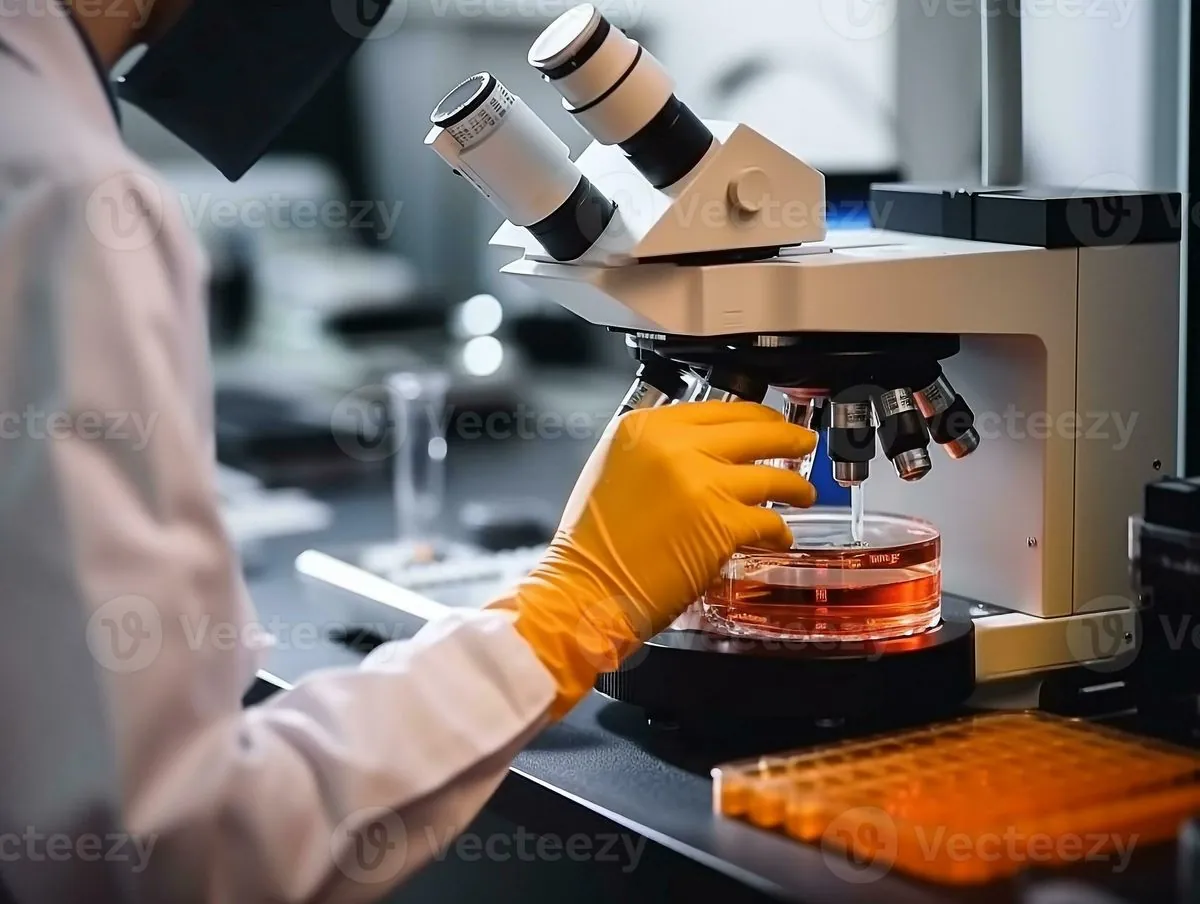New 15-Minute Blood Test Claims 90% Accuracy in Prostate Cancer Detection
Scientists at Aston University have developed a rapid blood test for prostate cancer, claiming 90% accuracy. The non-invasive method analyzes protein structures in dried blood, potentially revolutionizing early detection.

Researchers at Aston University in Birmingham have developed a novel blood test that purportedly detects prostate cancer in under 15 minutes with 90% accuracy. This advancement could potentially transform the landscape of prostate cancer diagnosis, addressing current limitations in screening methods.
Prostate cancer is a significant health concern, being the second most common cancer in men worldwide. Currently, there is no national screening program in the UK for this disease, partly due to the lack of a simple, accurate diagnostic test. The existing method relies on prostate-specific antigen (PSA) blood tests, which can lead to unnecessary invasive procedures and over-diagnosis.
The new test employs a technique called polarisation-based image reconstruction to analyze protein structures in dried blood samples. This method examines how proteins change their three-dimensional shape and aggregate during the early stages of the disease, allowing for a detailed layer-by-layer analysis of dry blood smears.
Prof Igor Meglinski, from Aston University's Institute of Photonic Technologies, stated:
The study, published in Scientific Reports, involved the analysis of 108 dry blood smear samples from both healthy volunteers and individuals with prostate cancer. The researchers claim that the entire process, including drying time, takes up to 15 minutes and has a 90% accuracy rate for early prostate cancer diagnosis.

It's important to note that prostate cancer often shows no symptoms in its early stages, making effective screening crucial. The five-year survival rate for localized prostate cancer is nearly 100%, highlighting the importance of early detection.
While these results are promising, larger clinical trials are necessary to confirm the test's potential. Dr Matthew Hobbs, director of research at Prostate Cancer UK, who was not involved in the study, emphasized the need for more research to prove the test's effectiveness compared to existing methods.
The development of this test comes at a time when advanced imaging techniques like multiparametric MRI are already improving prostate cancer detection. Additionally, genetic factors play a role in about 5-10% of prostate cancers, and screening recommendations vary by country and organization.
As prostate cancer accounts for nearly 10% of cancer deaths in men and is one of the leading causes of death in older men, this new test could significantly impact patient outcomes. The non-invasive nature of the test, relying on blood samples instead of biopsies, could reduce risks associated with current diagnostic procedures.
It's worth noting that the average age of prostate cancer diagnosis is about 66 years, and the risk increases significantly after age 50. African American men have a higher risk of prostate cancer than other racial groups, emphasizing the need for improved diagnostic tools across diverse populations.
While this new test shows promise, it's crucial to remember that some prostate cancers are slow-growing and may not require immediate treatment. As research progresses, the medical community continues to work towards balancing accurate diagnosis with appropriate treatment strategies.


































